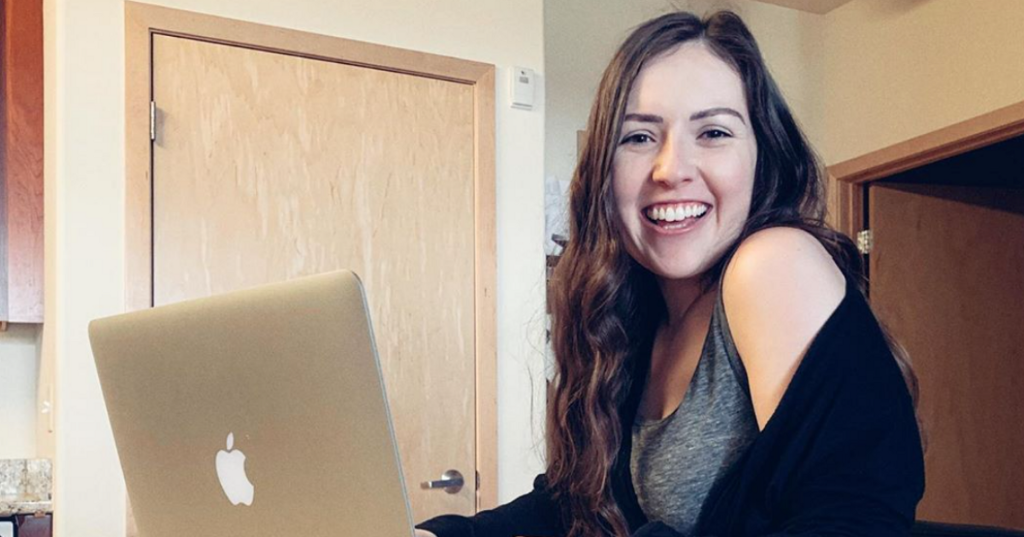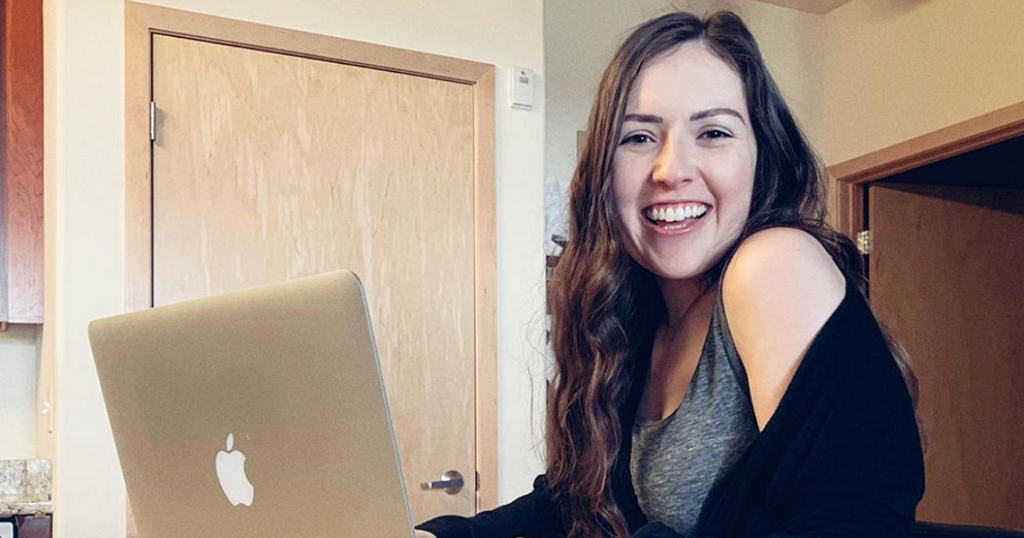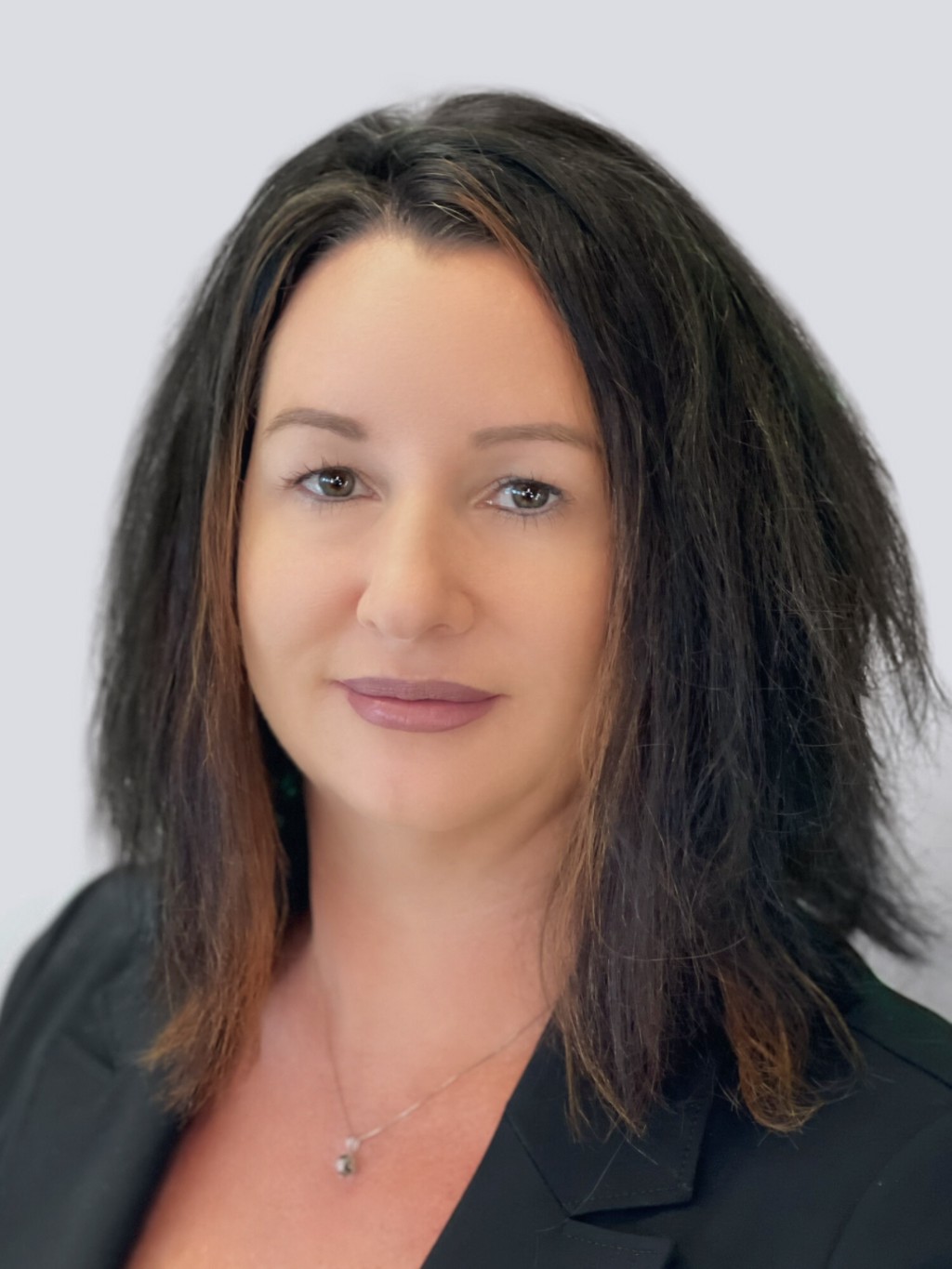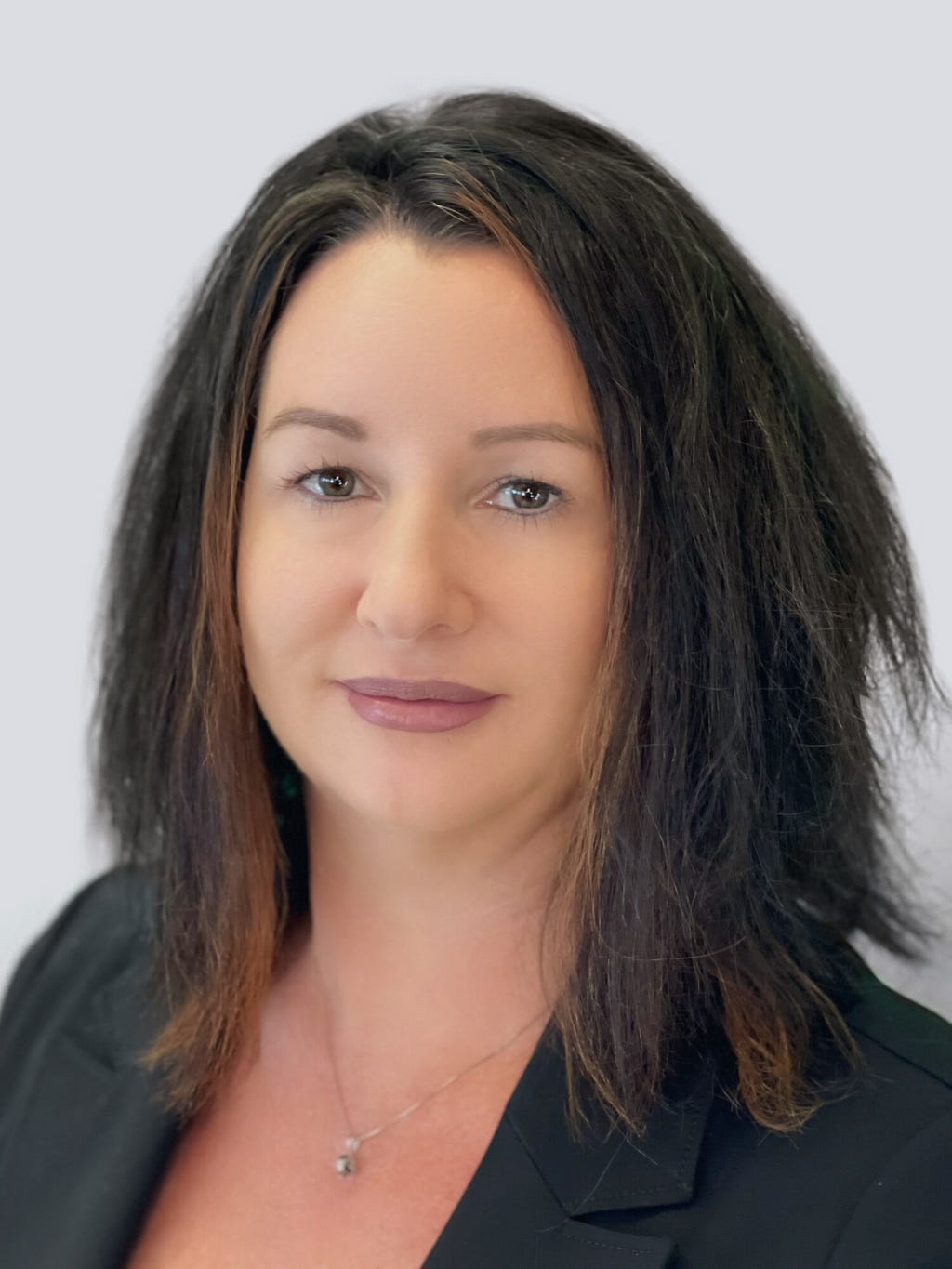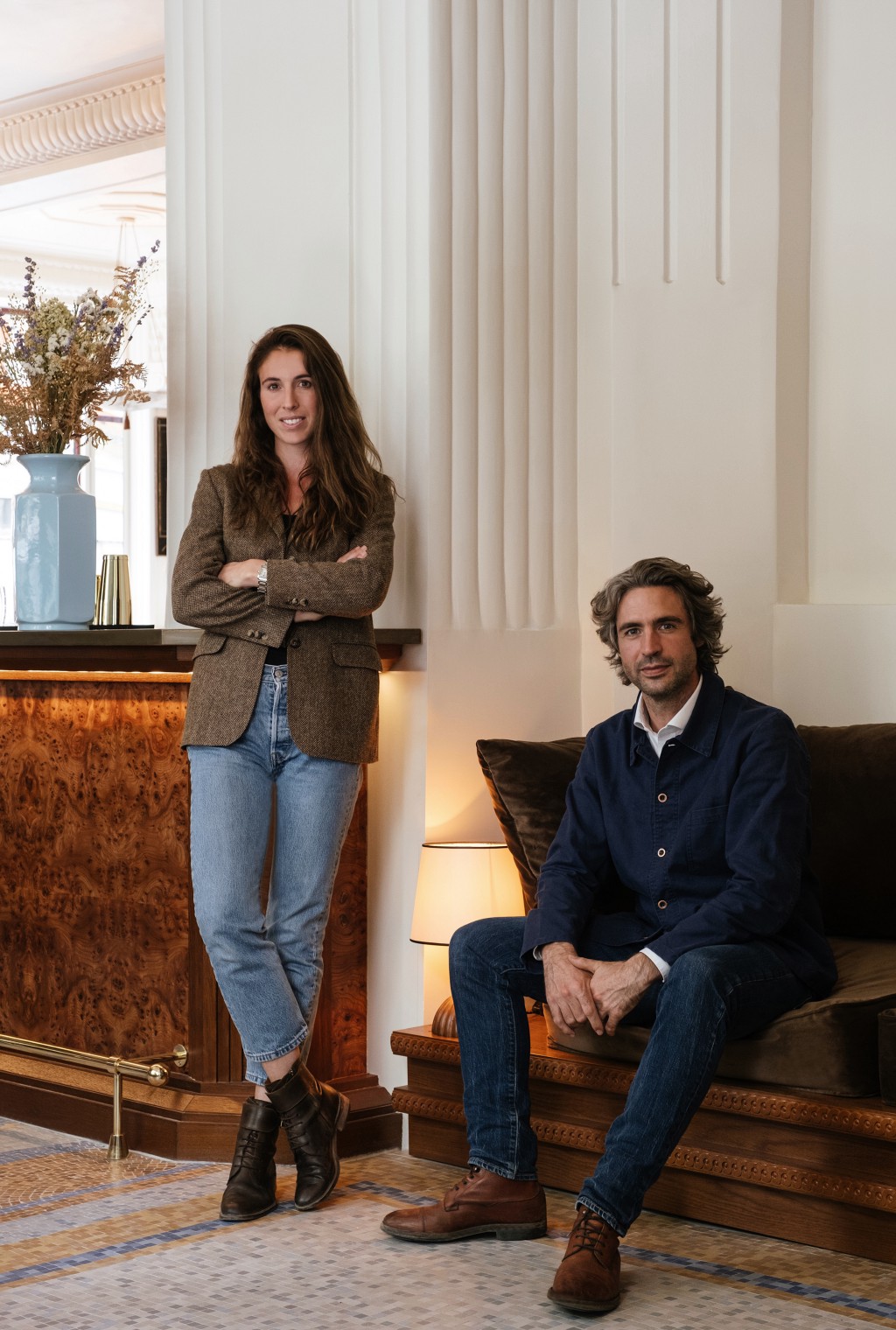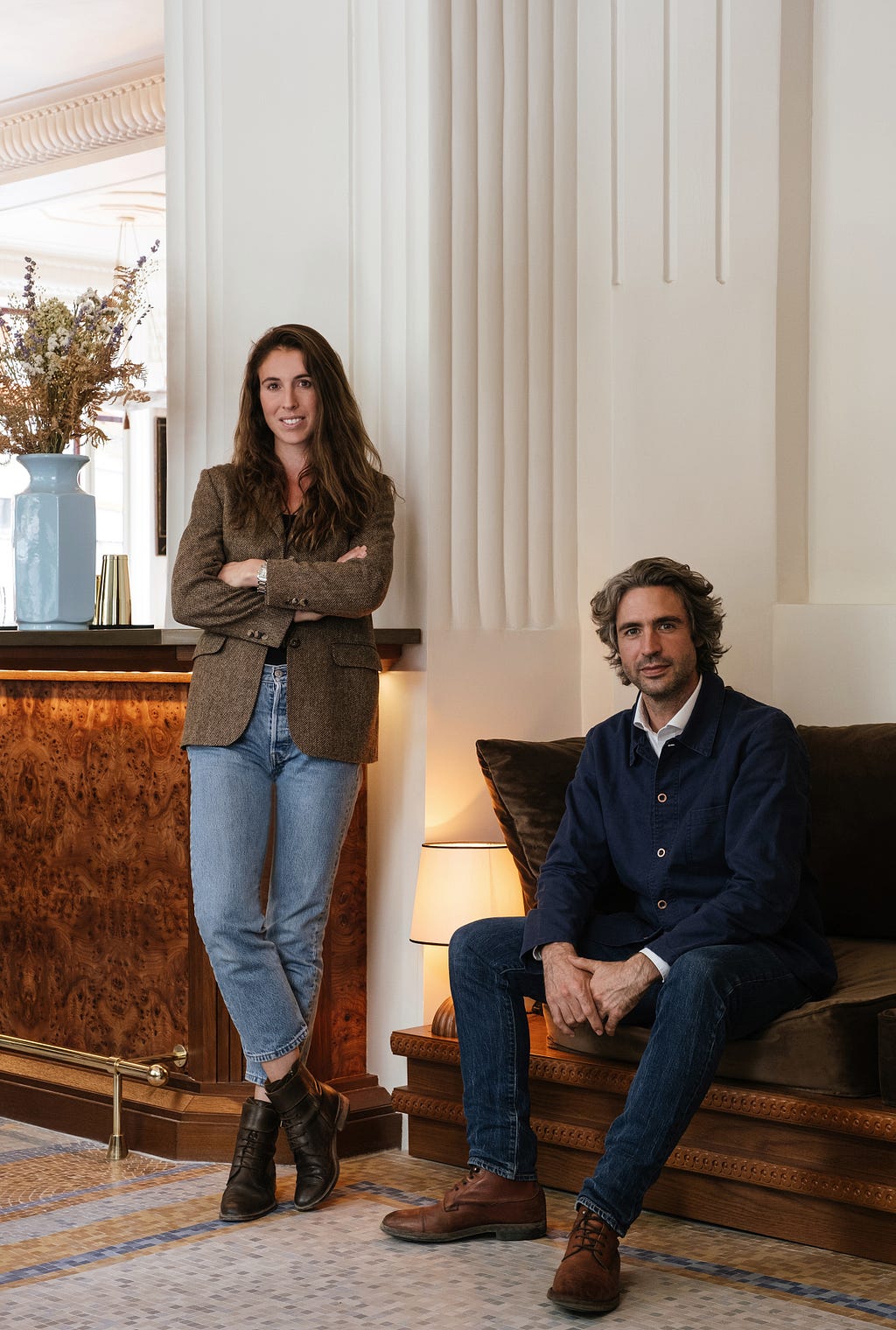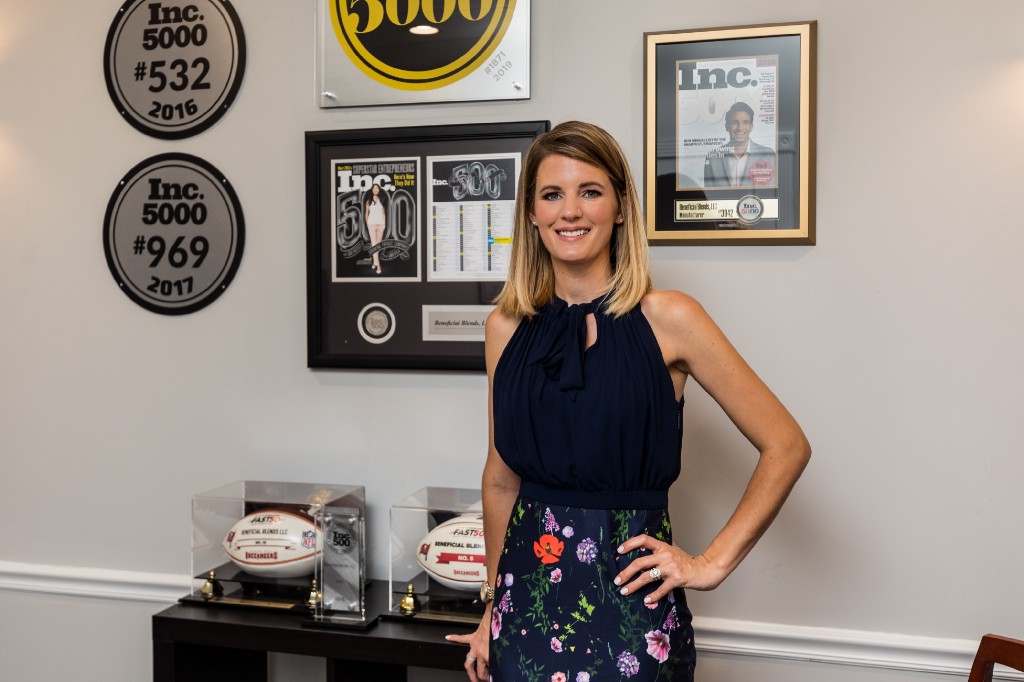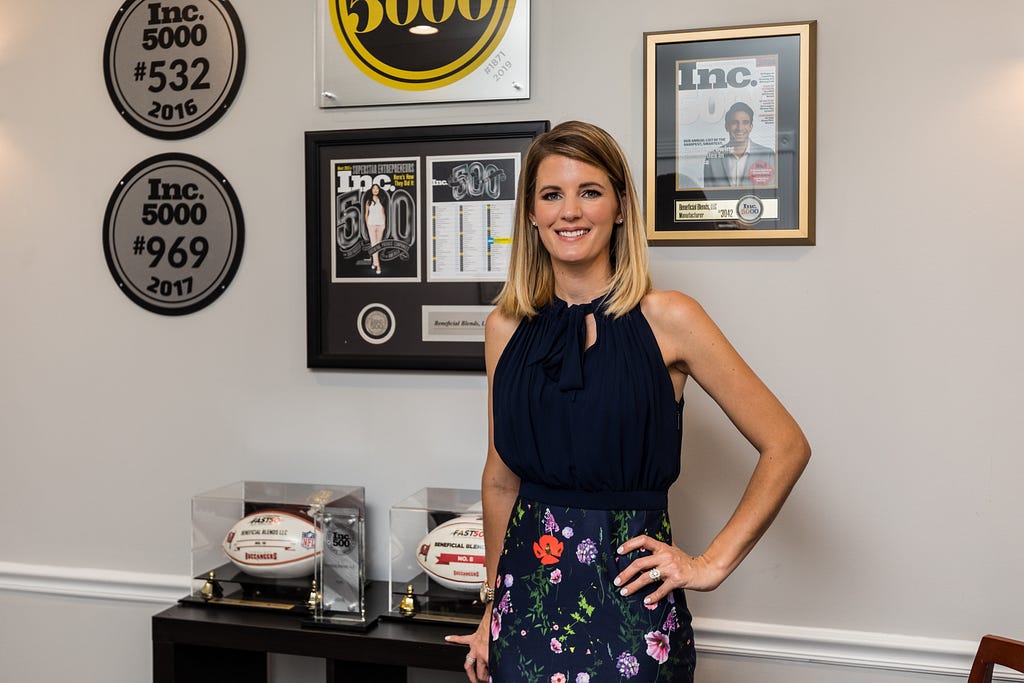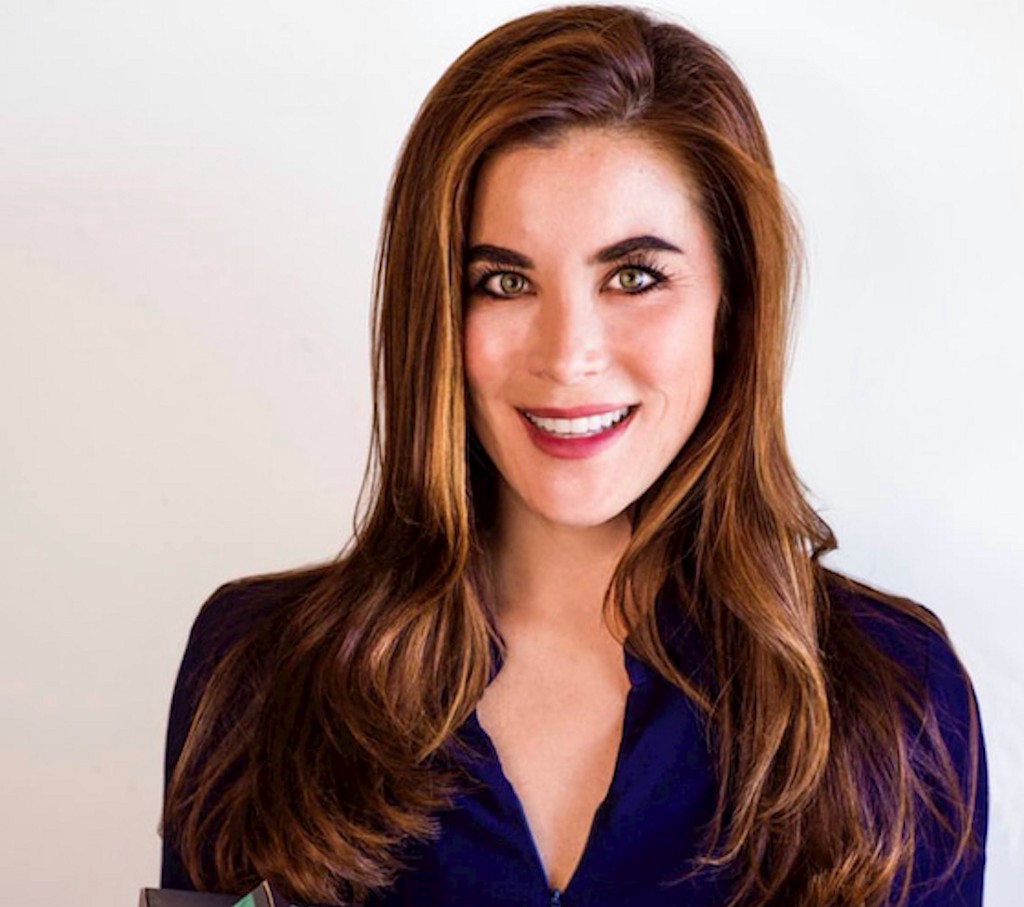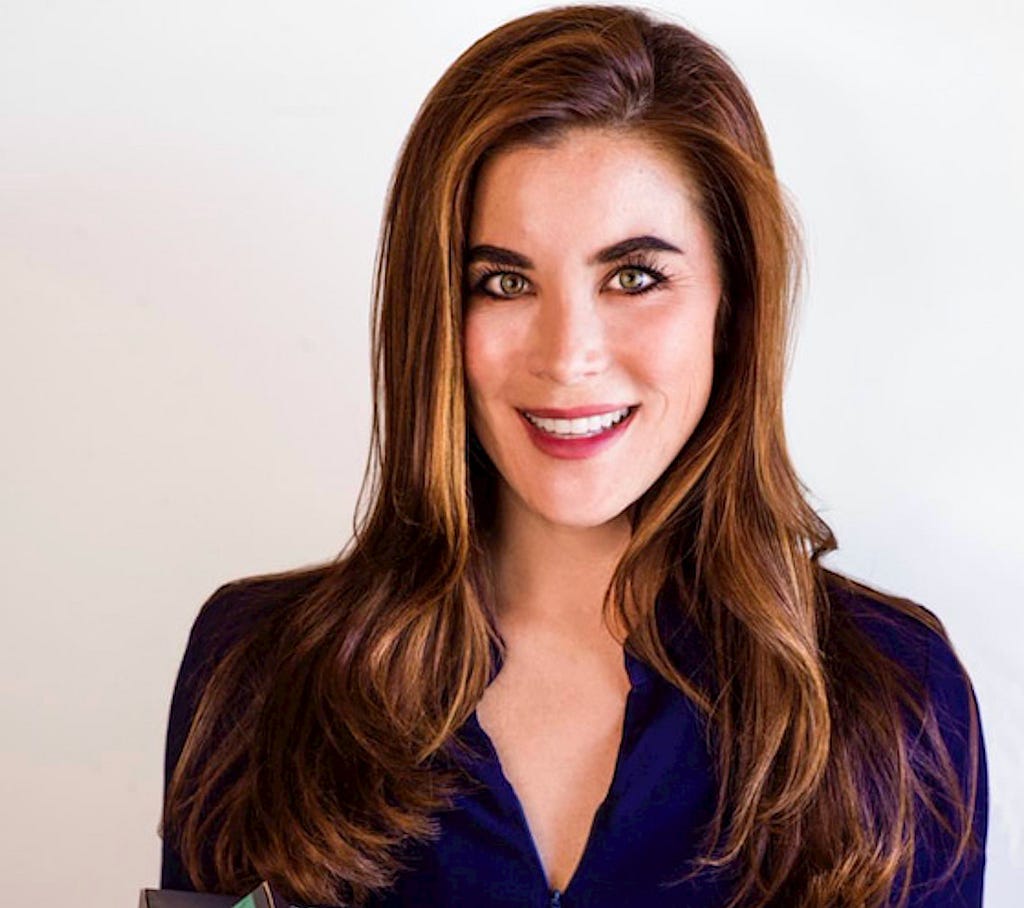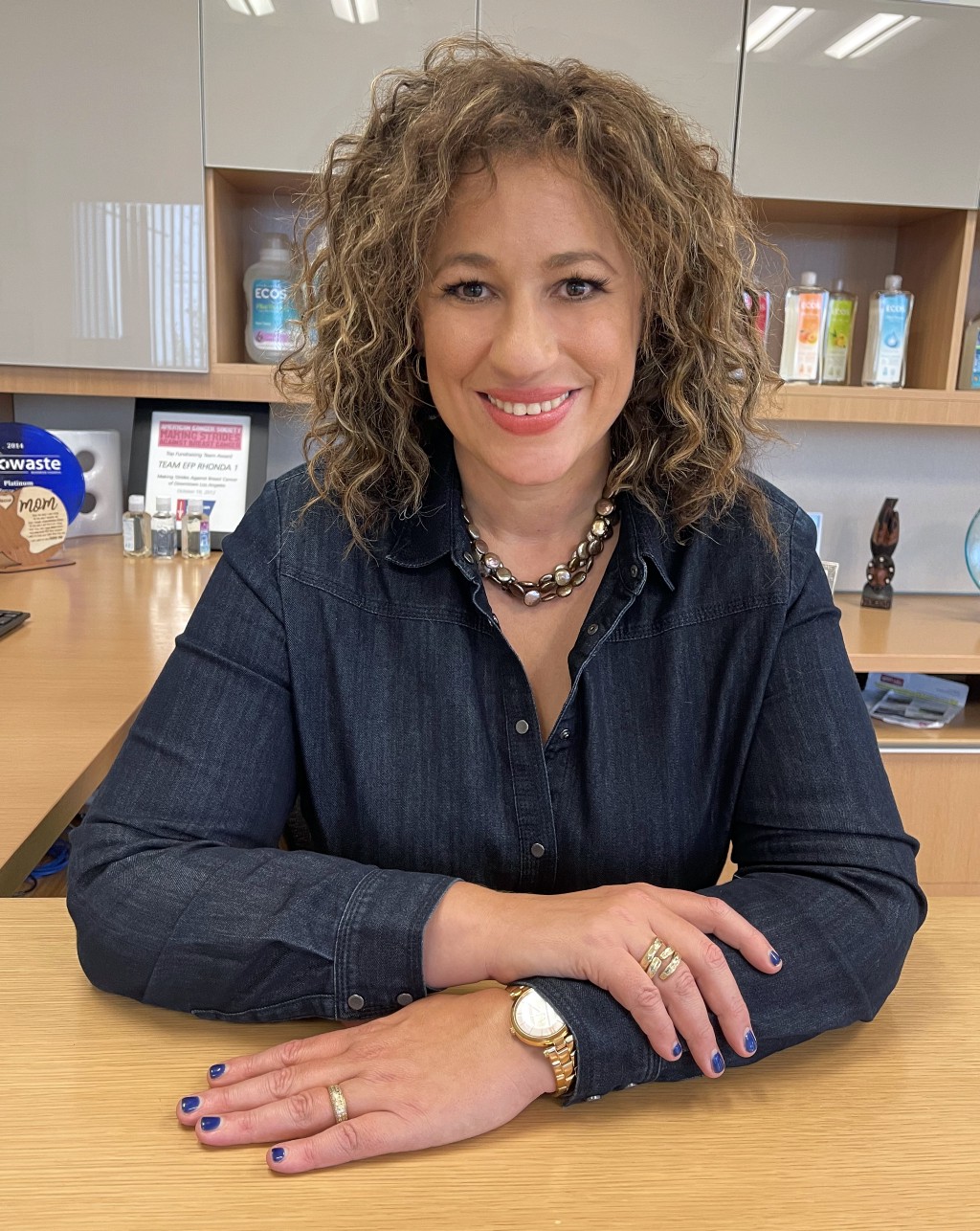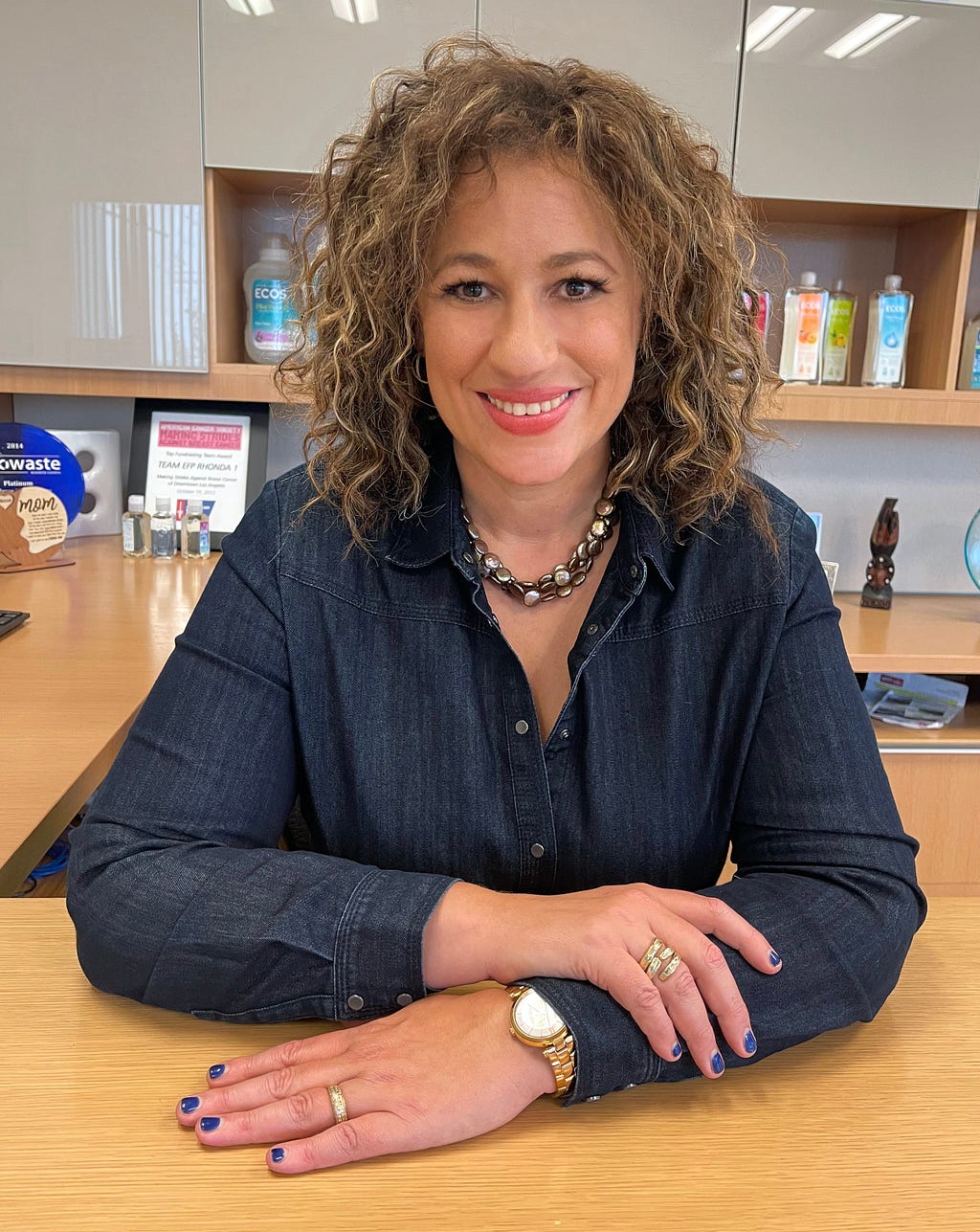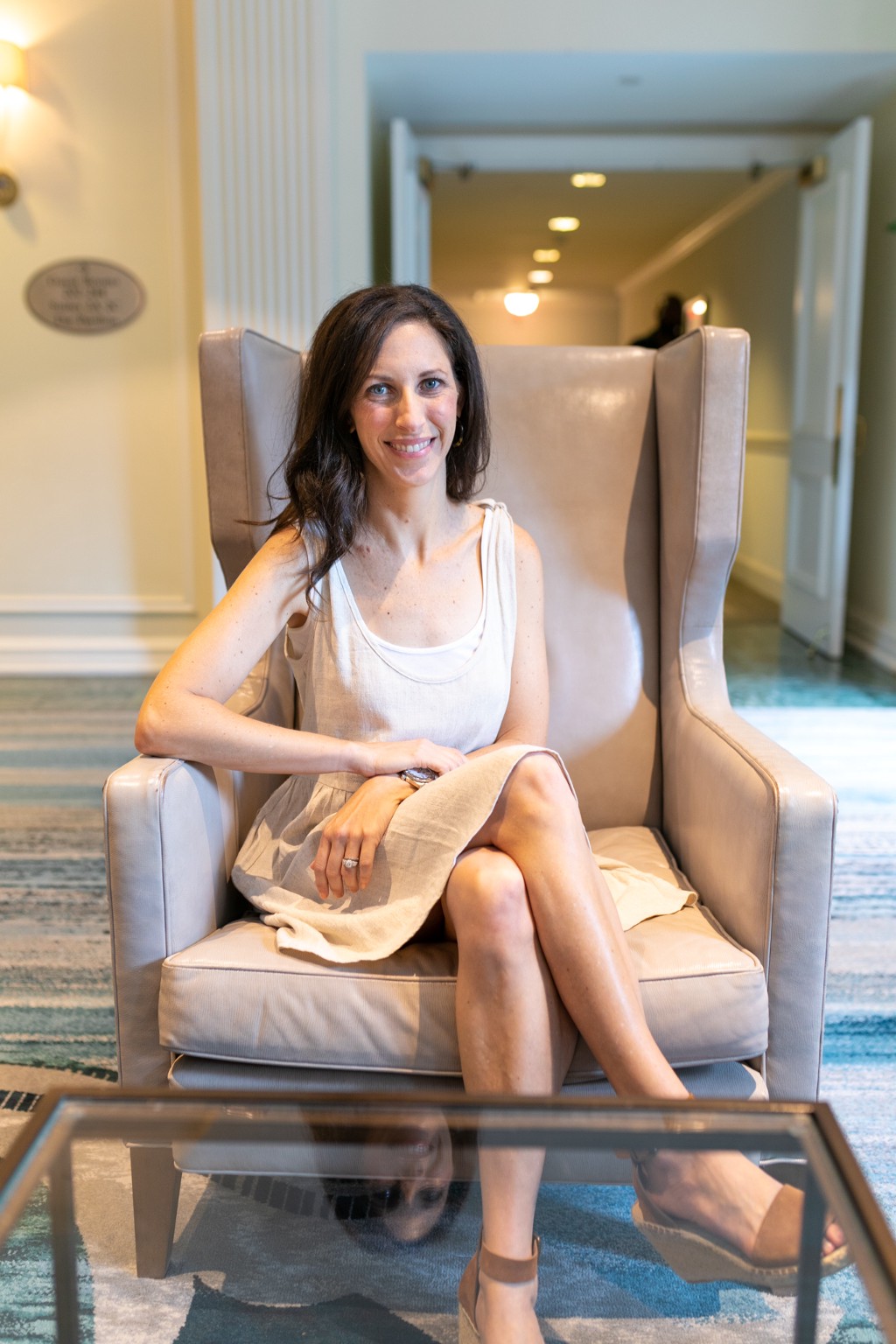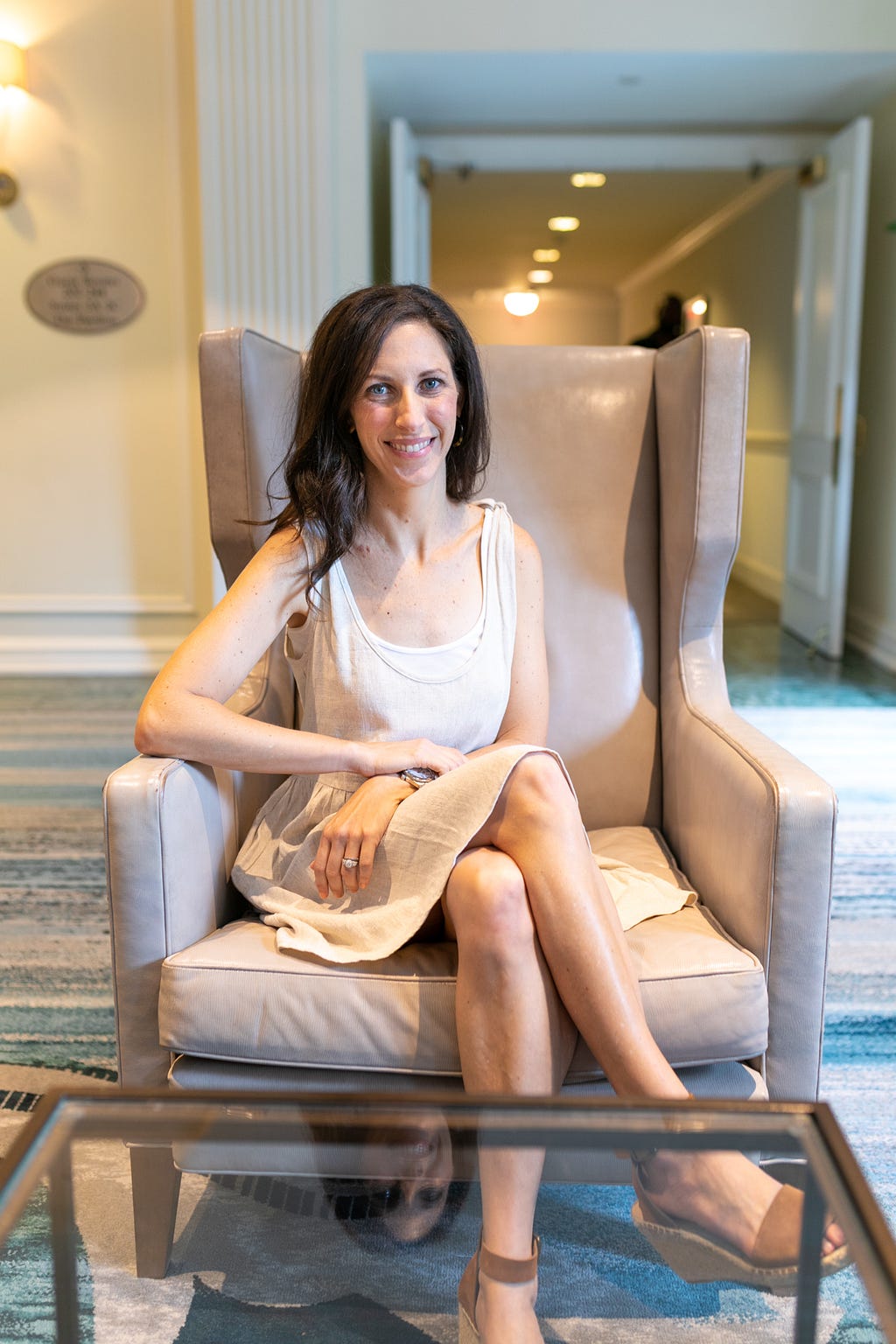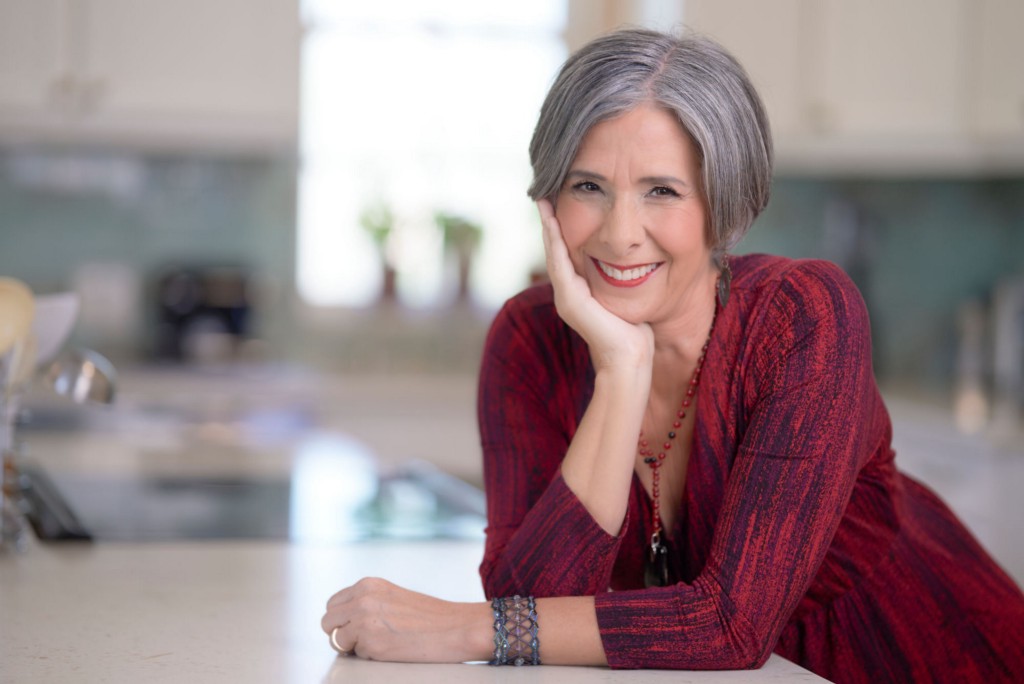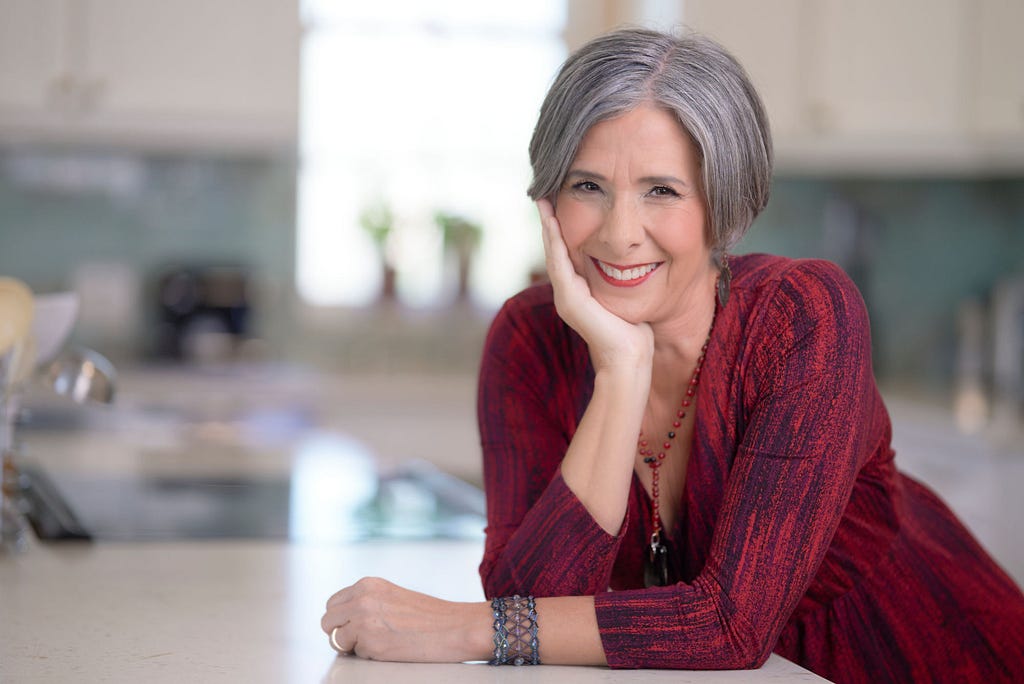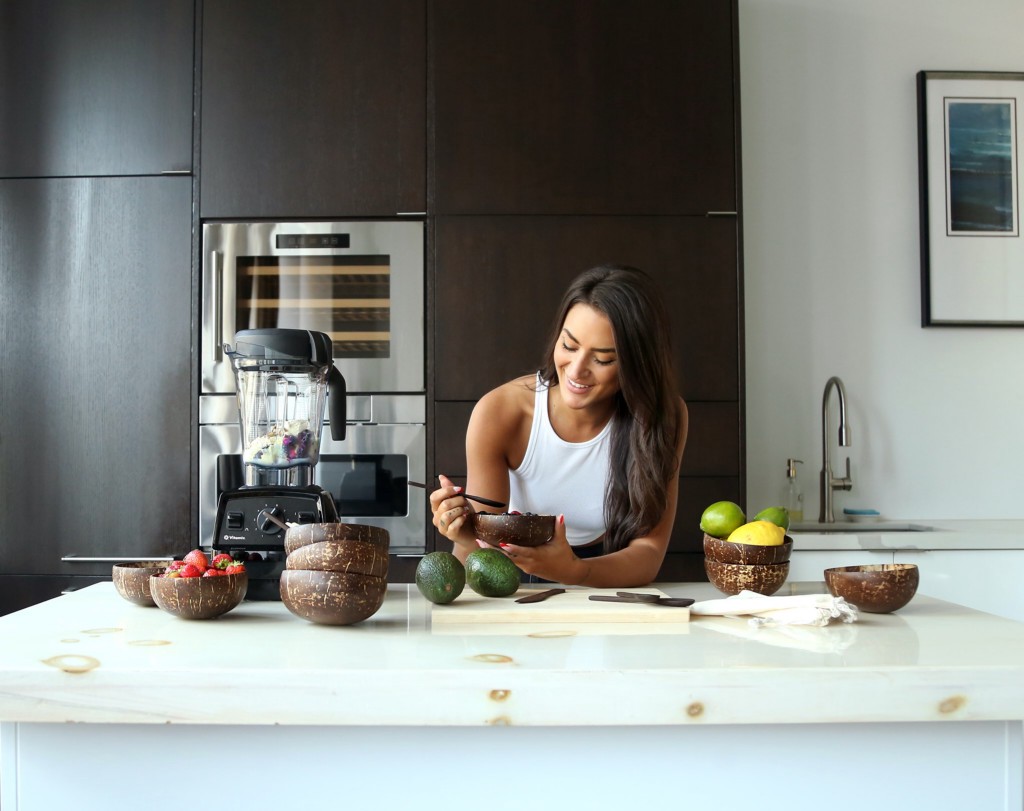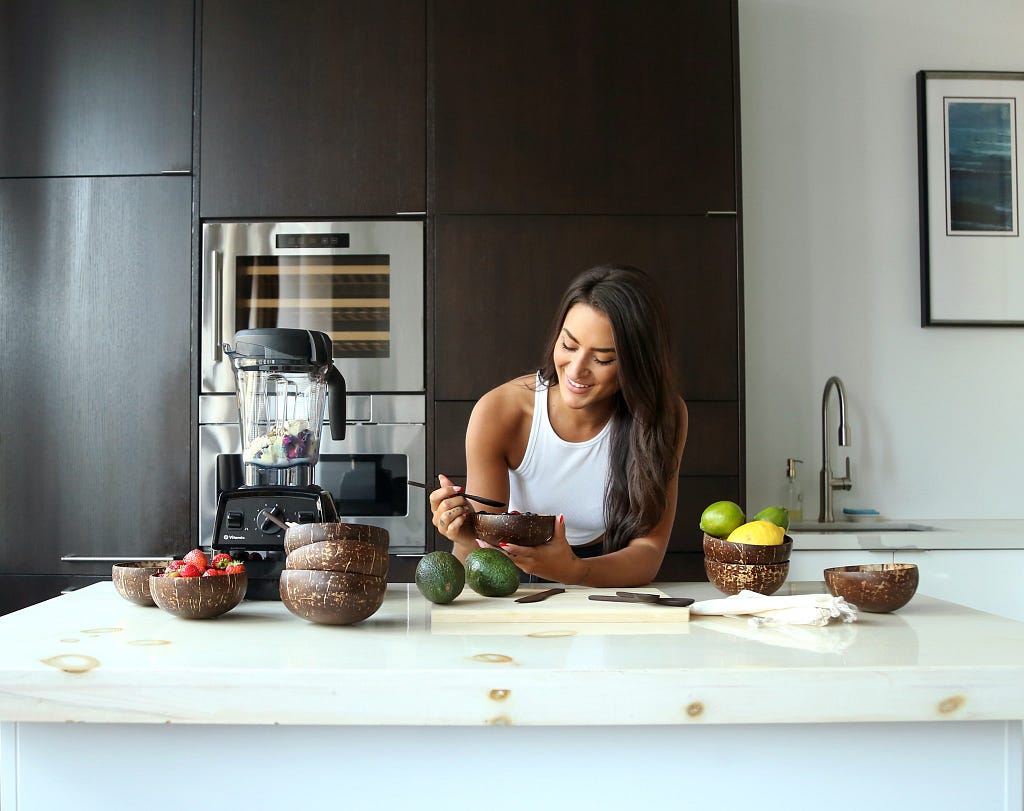Women In Wellness: Sonya Zappone On The Five Lifestyle Tweaks That Will Help Support People’s Journey Towards Better Wellbeing
An Interview With Candice Georgiadis
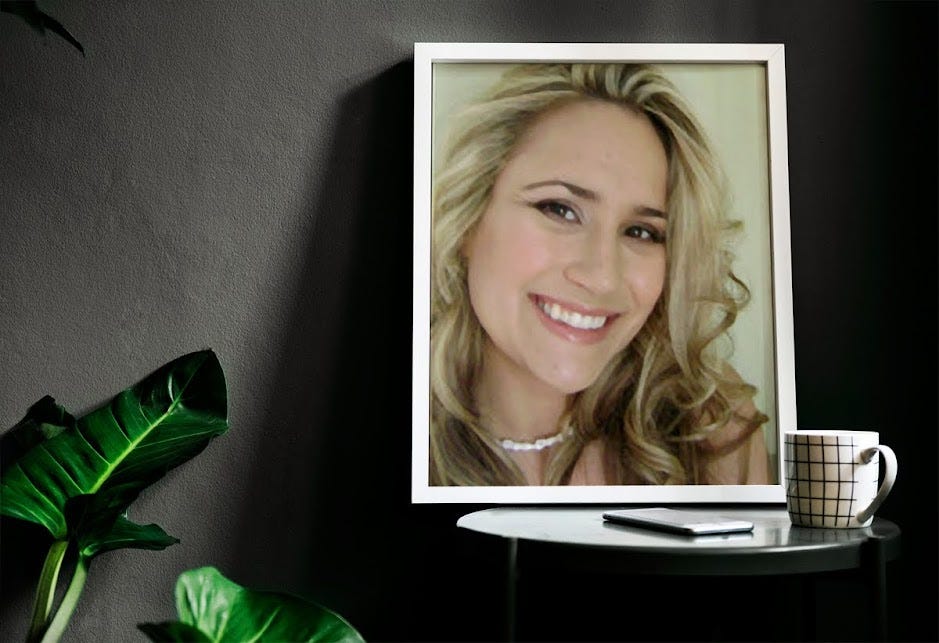
Have self-compassion for all your health challenges, struggles, and set-backs. (You can’t be operating at 100% all the time. It’s not realistic!)
As a part of my series about the women in wellness, I had the pleasure of interviewing Sonya Zappone.
Sonya Zappone is a yoga teacher, meditation instructor, certified life coach, and an author of, The Soul Doesn’t Need a Million Dollars: 7 Secrets to Access Power Within You to Discover Purpose and Meaning in Work You Love, and EDS Survival Guide: 5 Keys to Thriving with Ehlers-Danlos Syndrome -available on Amazon. Sonya is committed to helping women get connected with their souls to empower their lives. She also provides emotional support and encouragement for those suffering with EDS, helping them create strategies to thrive and be the best they can be.
Thank you so much for joining us in this interview series! Our readers would love to “get to know you” better. Can you share your “backstory” with us?
As a self-help author, yoga teacher, meditation teacher, and certified life coach, I have been in the Wellness Industry for most of my life! I have been learning, healing, growing and teaching wellness as a way to stay immersed in a healthy life. As a yoga teacher for 11 years, I’ve helped many connect with themselves at the body, mind, spirit and soul level. It’s not only important to take your vitamins, it’s also important to nurture your soul. My first book, The Soul Doesn’t Need a Million Dollars, talks about slowing down to reach a connection with your authentic self. Many of us are going too fast in life that we can’t hear our instincts, intuition, gut, Higher Self, or soul. This is essential to creating a healthy life and living whole, happy, and free. We get well when we listen to ourselves and honor messages from within. To have wellness, we must first have ourselves — by practicing self-preservation, self-compassion, self-discipline, and self-respect. Through self-partnering with our souls, we are guided in all of our choices. Self-love is the first step to wellness. As a life coach, I provide the much-needed encouragement to embark on the self-love journey.
I had an interest in health in wellness as a teenager struggling with my own health issues. This led me to researching and trying-out many different healing modalities. I discovered yoga at age seventeen and fell in love with how it made my body feel. I became a yoga instructor in 2008, but I had only set out to heal my body from a toxic, stressful job. Due to my compassionate nature and commitment to my yoga practice, I was then called up by my teachers to lead healing workshops and retreats for them. I have since assisted many retreats at healing places like Kripalu. After being an assistant for so many years, it was a natural progression to then lead my own workshops at various yoga studios and retreat centers. My classes filled up and I was asked to teach at other places. I was also asked to provide emotional support when I discovered my spiritual gift of encouragement and fully stepped into using this gift. This is how I ended up becoming a life coach.
Can you share the most interesting story that happened to you since you started your career? What were the main lessons or takeaways from that story?
I think it is interesting that I never set out to be a yoga teacher or writer. I felt that I was not only led, but called up to do this work. The main lesson was to follow the energy of where I was being placed in my community. When I followed what I had energy for, my gifts were being utilized and that allowed my soul to feel satisfied. I now only do soul-work full time. It has made me measurably happier!
Can you share a story about the biggest mistake you made when you were first starting? Can you tell us what lesson you learned from that?
My biggest mistakes were trying to be like others and trying to do too much when I started out. In terms of health, I learned that you can burn-out from even jobs that you love. At one point, I was teaching 9 yoga classes a week in my own studio and losing my voice doing it! I also had no time to prepare meals and enjoy downtown at that pace. I was working too much! I learned the value of balance which ultimately is what is required for wellness.
Let’s jump to our main focus. When it comes to health and wellness, how is the work you are doing helping to make a bigger impact in the world?
I take the mind, body, spirit, and soul approach to wellness. I don’t leave out or neglect the soul of an individual life coaching client or yoga student. This means, I am gentle, compassionate, and patient with people as they learn, grow, heal, and transform their lives and health. I think I set an example of unconditional love that helps them relax so that they can be the beautiful soul that they are.
Can you share your top five “lifestyle tweaks” that you believe will help support people’s journey towards better wellbeing? Please give an example or story for each.
- Have a basic morning spiritual practice. Starting out the day with connection to self and a loving universe/higher power can guide us toward right action and choices in our days.
- Have an ongoing/daily gratitude journal. Always keep a grateful mindset when approaching life.
- Find a mentor, spiritual director, or someone who can support your greatest dreams and goals. Having someone in your corner supporting the work you want to do keeps you on tract and preserves your enthusiasm.
- Walk everyday. Walking everyday outside and in nature is not only healthy for you, I believe it is essential.
- Practice yoga religiously.* Even if it is for 5 minutes on a mat at home. Yoga can strengthen, stretch and put us in touch with our bodies’ messages. Don’t ignore your body’s messages of pain and discomfort. Address them lovingly to avoid health crises. * But this doesn’t have to be religious! And only if it’s safe for your body.
If you could start a movement that would bring the most amount of wellness to the most amount of people, what would that be?
If I could start a movement, it would be to have 45 minutes of yoga and relaxation for children and teachers in public school. I believe it would ultimately create a better society and world. Starting off with peace and calm has such a huge impact for the psyche. We live in a fast-paced, stressed-out, competitive world. We all need some sacred time carved out for peace. Implementing this could have such a beneficial impact for all of us.
What are your “5 Things I Wish Someone Told Me Before I Started” and why?
I wish someone told me to:
- Go at your own pace! (We tend to try to keep up which is often harmful for us and we lack balance.)
- Be yourself and don’t try to be like or keep up with anyone else! (You are the only one of you. You have certain unique gifts that this world needs.)
- Have self-compassion for all your health challenges, struggles, and set-backs. (You can’t be operating at 100% all the time. It’s not realistic!)
- Find a good spiritual director for your journey. (You will need mentors to help you cross certain thresholds.)
- Make time for yourself! (You matter too. Sure, the world needs you, but you also need yourself!)
Sustainability, veganism, mental health and environmental changes are big topics at the moment. Which one of these causes is dearest to you, and why?
I think mental health support is a cause dearest to me because I believe we have lost touch with ourselves and our souls. I think it is important in job-searching and which career choice for us to align ourselves with missions that we believe in. This will directly relate to our level of happiness and the state of our mental health.
What is the best way our readers can follow you online?
Find me on Facebook: https://www.facebook.com/sonya.zappone/
Visit my website: www.SonyaZappone.com
To book a coaching call with me, visit my 10to8 Scheduler! https://qzipnahovnbmqobwat.10to8.com
Thank you for these fantastic insights!
Women In Wellness: Sonya Zappone On The Five Lifestyle Tweaks That Will Help Support People’s… was originally published in Authority Magazine on Medium, where people are continuing the conversation by highlighting and responding to this story.


